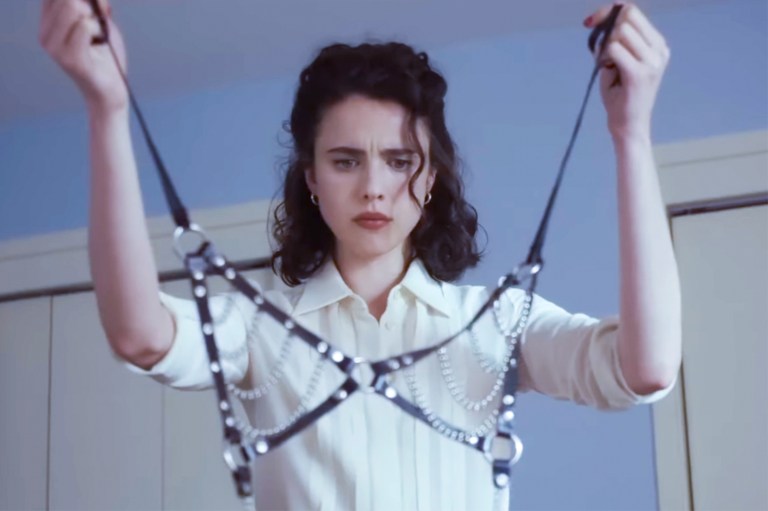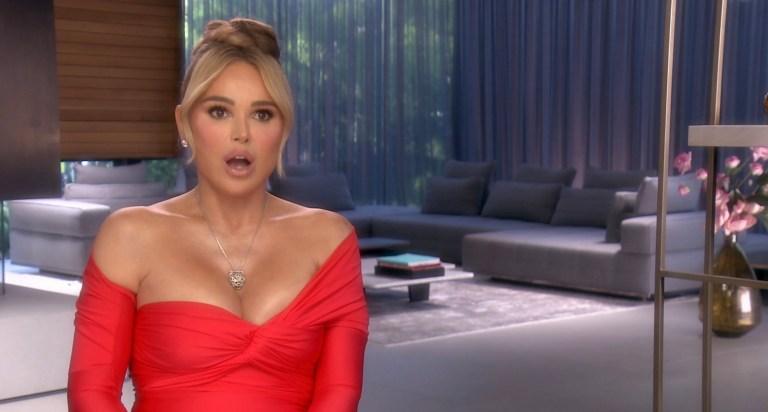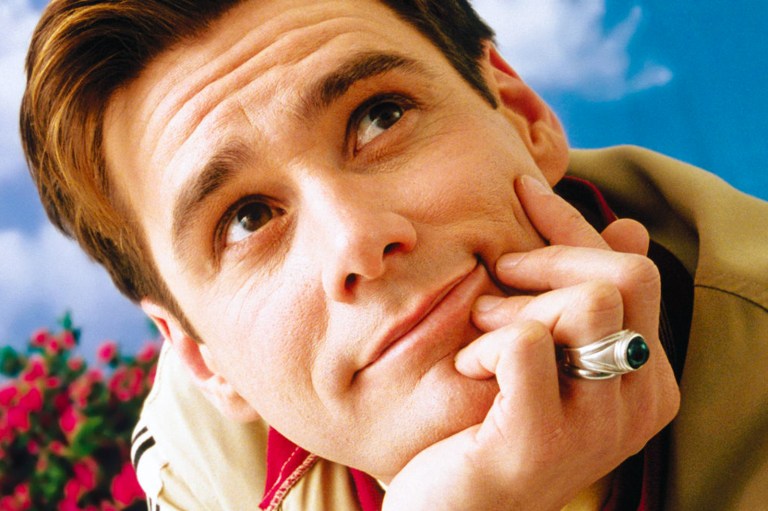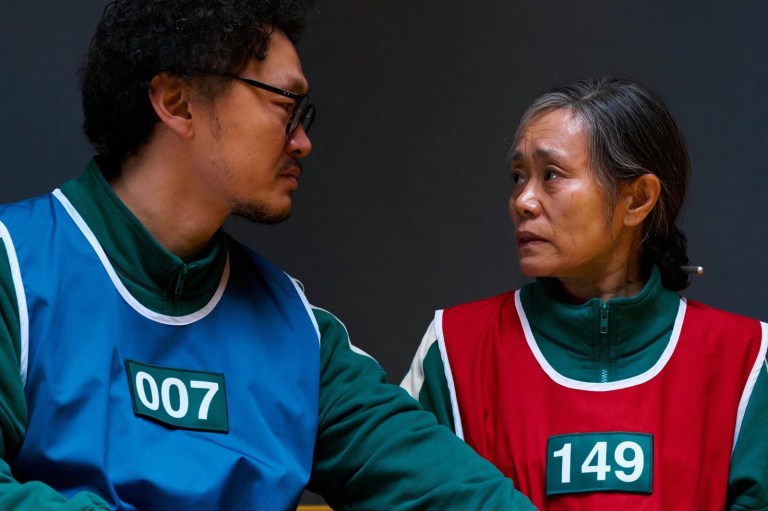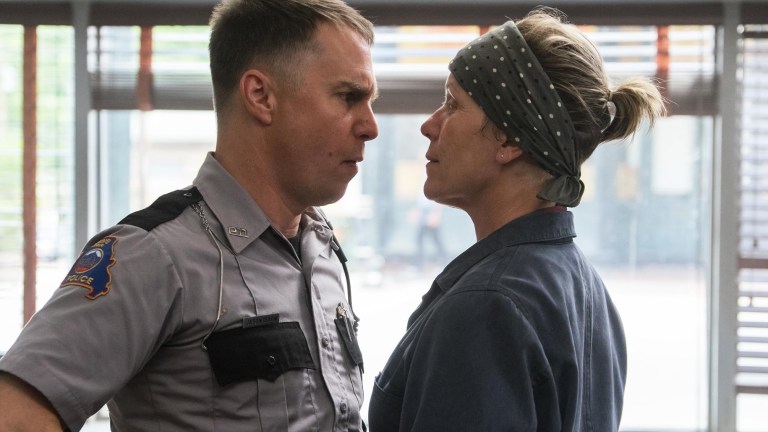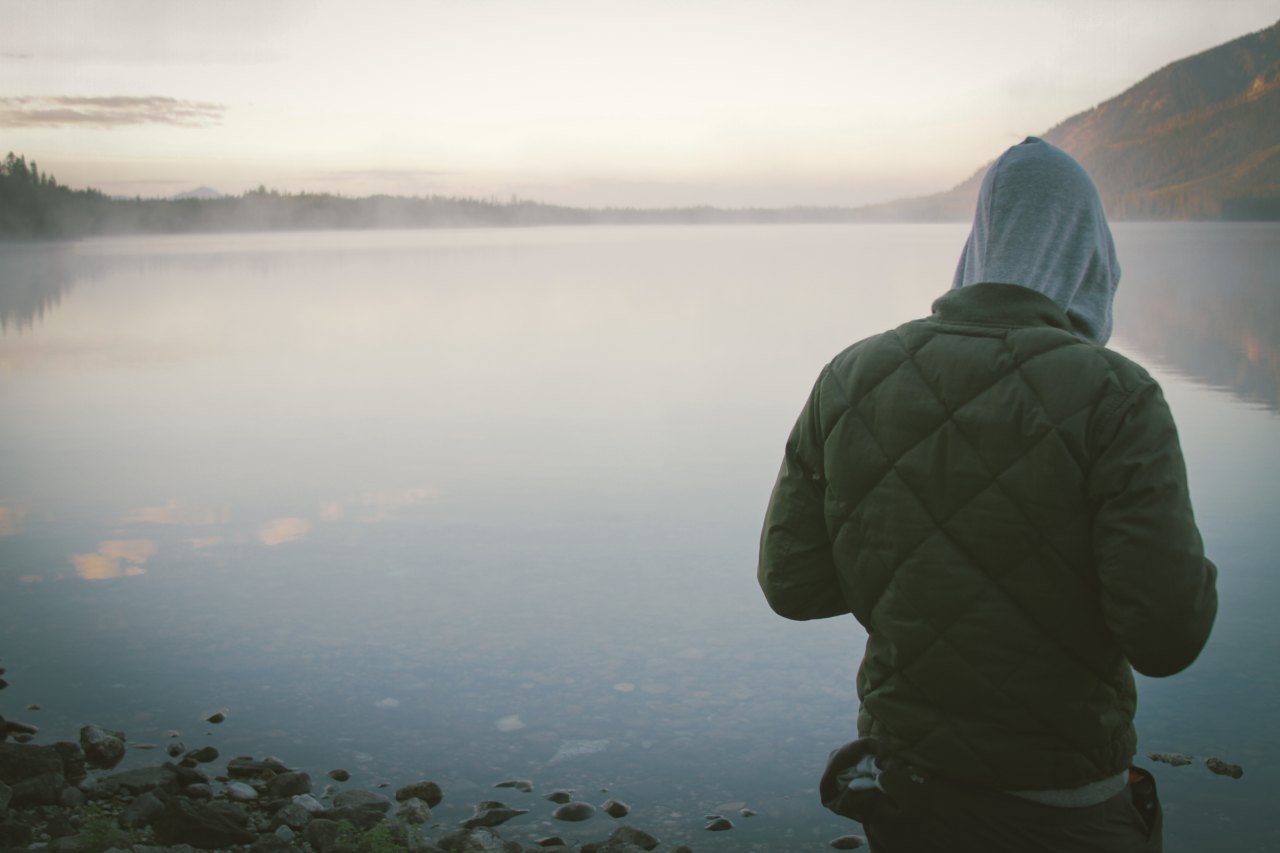
The Greatest Struggle Of Being Gay In The Philippines
By ![]() Juseph Elas
Juseph Elas
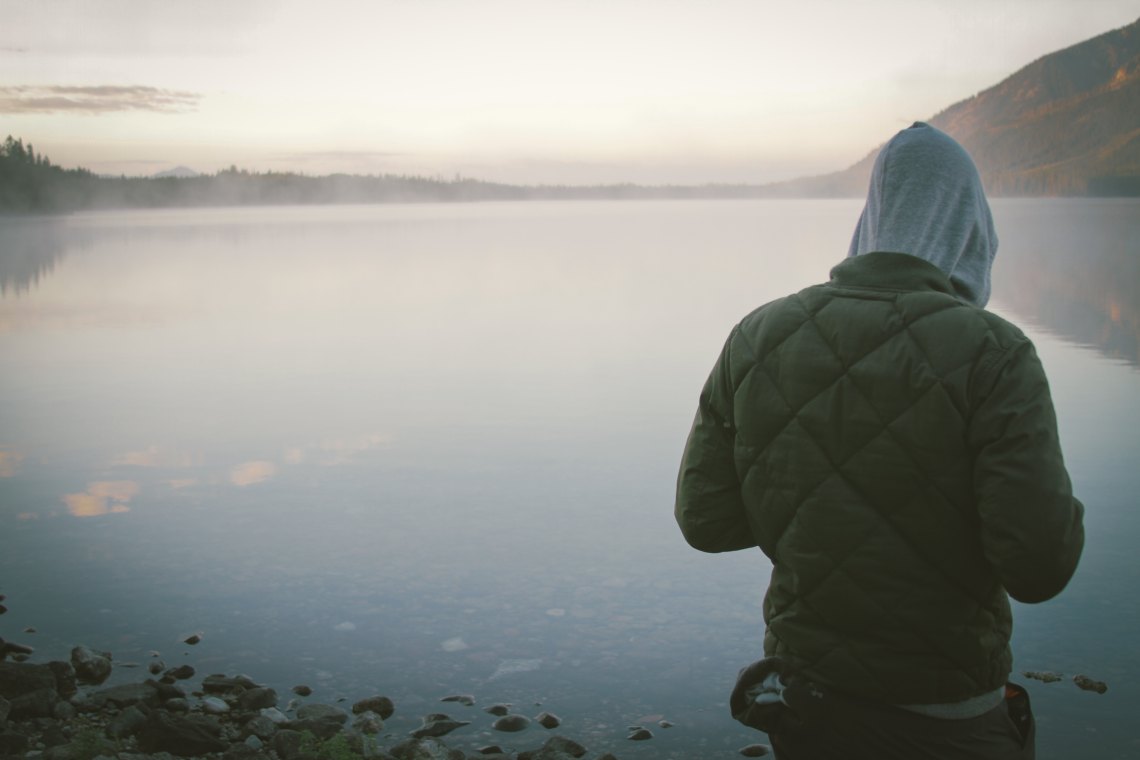
In highly conservative countries like the Philippines, gay equality and acceptance are somehow in between the spectrum of acceptance and neglect.
As a culture, our society, at its core, is still used to seeing men in fatigue shirts and holding guns instead of basic tees and holding hands.
Being gay, despite the paradigm shift in Philippine media representation of the third sex, still has a negative stigma in families living with high religious respects.
But I still like Pride Parades—the rainbow clad flag dancing along with the air that brings hope and love to one another, the street party, the music, the merry-making and the smiles painted across everyone’s faces bring a dream of equality and acceptance with it. I guess the only thing that’s missing is the promise of loyalty among us.
Homosexuality in the Philippines has taken different forms in the last decade. Nowadays, we no longer recognize gays as resident beauty parlor lads, or slapstick sidekicks in films or TV.
Today, gay men are leaders, soldiers, businesspersons, TV personalities, advocates, politicians, teachers, firefighters, bankers, and the list goes on.
Homosexuality has adopted a different image, one that forces them ooze masculine strength when they’re in the workplace and suppress the damsel in distress within, only to let it out when the sun comes down and they’re in their comfort zones.
Being gay alone in the Philippine setting is not easy, more so, and by extension, being in a same sex relationship.
Let’s admit it, same sex couples will never find that level of contentment in a relationship, the kind that will make them monogamous, loyal and true, because they will always be looking for something that the society can’t give today. Sadly, the first victim to the apparent inability to express is loyalty.
What am I trying to say here?
Given that society has successfully reduced the chances for gay men to show the kind of life they want to live and express intimate relations with another men in public, gay men also learned, involuntarily and unconsciously, to mimic values that affect the foundation of a healthy relationship.
We learned to fake love, trust and loyalty.
Coupled with society’s pressure to suppress our homosexuality for fear of excommunications from families, community and church as a whole, we forgot to fight for what we best deserve.
We always cry for true love, that we want a relationship that would last; we envision romantic dates, love letters, chocolates, and wine nights, wrapped around each other’s embrace under a blanket of stars.
The truth is, these are all achievable goals but these become obscured ideas because we can’t fully, truly, commit. Sadly, most gay men are cheaters, polygamous and untrue because while they are faking their feelings, they are also faking their life by living in the closet—farther from who they truly are. It is ironic for us to be wishing for true love when we can’t accept who we are. It is ironic for us to ask for loyalty when we can’t truly commit.
There are things worth fighting for—equality, acceptance, life, and love.
I guess for the Filipino LGBTQ community, we still have a lot to learn and a long journey towards self-awareness and acceptance. We still have a long way to go before we learn how to finally truly commit in a relationship that goes at par with what is the norm in our society today.
I hope the rainbow-clad flag will guide us to that day where we finally learn to accept who are without fear, before we ask for love and acceptance from society in general. ![]()
